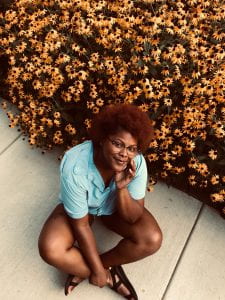A natural part of our human experience is conflict. We see the world in different ways and have a wide range of desires and needs we are trying to get met. With all of that being true, how could we not find ourselves in conflict with others from time to time? Conflict is merely a reality of living in community with others. With that being said, conflict is not actually the problem, but rather a symptom of miscommunication, unmatched expectations, and disappointment. If we allow for the presence of conflict in our lives to serve as a wakeup call, it will alert us to the need to communicate with others for resolution.
Having worked in Residence Life for the past eight years, I’ve spent countless hours teaching student leaders how to pursue resolution through facilitating roommate mediations. Although we may be experiencing conflict with a classmate or a co-worker rather than a roommate, I think many of the principles for resolution remain the same. Here are some observations about conflict that I’ve had along the way:
Observation #1: Much of conflict is created from and fueled by a lack of face-to-face communication. Your intention can get completely lost in translation when you are texting the person you’re experiencing tension with rather than speaking to them face-to-face. Speaking with the other in person is essential for resolving a conflict.
Observation #2: Conflict often stems from a lack of stated expectations at the beginning of and throughout the relationship. Each of us have vastly different assumptions about how “things” should be and what’s expected in relationship. Expectations need to be stated and agreed upon. They should never be assumed.
Observation #3: The resolution of conflict requires a conversation where both parties listen as much as they speak. Our culture has grown accustom to talking “at” people rather than “with” people, which is unhelpful in resolving conflict.
Observation #4: Conflict is best approached with a humble posture and a willingness to consider what you personally have contributed to creating the tension that’s present. If we engage with others with a defensive disposition and an intention of “winning” the conflict, you will lose the ability to mutually resolve the concern.
Observation #5: Conflict is best approached with a compassionate disposition and a desire to consider the other person past the surface of how you’re experiencing them. Be curious about why they do the things they that they do, and be gracious with them.
Although some personalities are more willing to engage in conflict than others, conflict is still never easy. The more you can challenge yourself to engage in healthy conversations now, though, the better equipped you’ll be in the future when the relationships on-the-line cost more to lose if you don’t have the skillset to resolve the concern. My hope is that you will be brave enough to engage others and compassionate in your pursuit of a resolution.
Abbi Rodriguez, Assistant Director of Residence Life











